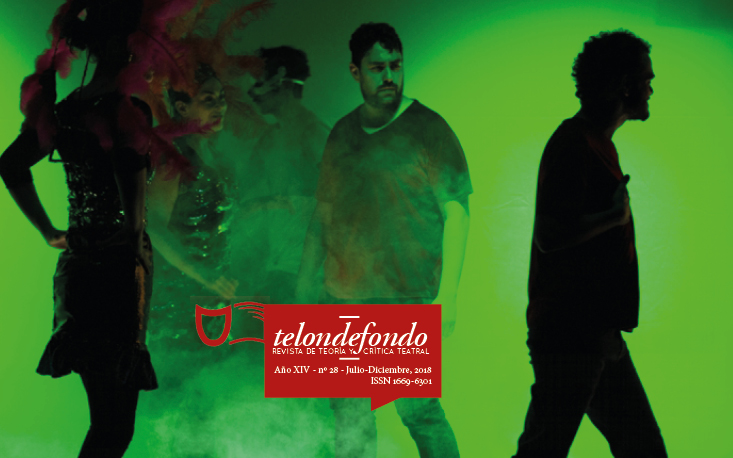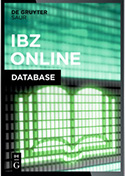Unmasking the Ideology of the Dictatorial Discourse: Motherhood and the Family as Fundamental Institutions of the Nation
Abstract
The recent Argentine theatrical scene uncovers the ideology of the Dictatorship exhibiting the inconsistencies present in the discourse of the “Process of National Reorganization” and of the Argentine Catholic Church regarding motherhood. The two theatre pieces that this article will examine expose the existence of two opposing sex-affective systems, disguised by the explicit dictatorial discourse of the defense of values and the protection of family as an institution. The Dictatorship’s discourse acted as a concealing device for the violence it used. The recent Argentine theatre scene, through linguistic and visual metaphors, reveals that inconsistency and its role as a device for dominance and violence; this gave rise to a socio-political organization that is closely related to the ideal family model under the construction of a totalitarian, discriminatory and violent subjectivity. Susana Torres Molina’s La Fundación theatrically discovers the incoherence between the Dictatorship’s necropolitical practice and the references to the sacredness of motherhood and family explicited in its discourse, while Cocinando con Elisa, by Lucía Larragione, exhibits the power that motherhood invests and how it causes fear in those sectors that defend the status quo, which react by seeking to dissolve the threatening element: the mother and the maternal and family bond.Downloads
Los autores/as que publiquen en esta revista aceptan las siguientes condiciones:
-
Los autores/as [traductores] conservan los derechos de autor y ceden a la revista el derecho de la primera publicación, con el trabajo registrado con Licencia Creative Commons Atribución-NoComercial-CompartirIgual 4.0 Internacional, que permite a terceros utilizar lo publicado siempre que mencionen la autoría del trabajo y a la primera publicación en esta revista.
-
Los autores/as pueden realizar otros acuerdos contractuales independientes y adicionales para la distribución no exclusiva de la versión del artículo publicado en esta revista (p. ej., incluirlo en un repositorio institucional o publicarlo en un libro) siempre que indiquen claramente que el trabajo se publicó por primera vez en esta revista.
-
Se permite y recomienda a los autores/as a publicar su trabajo en Internet (por ejemplo en páginas institucionales o personales).











